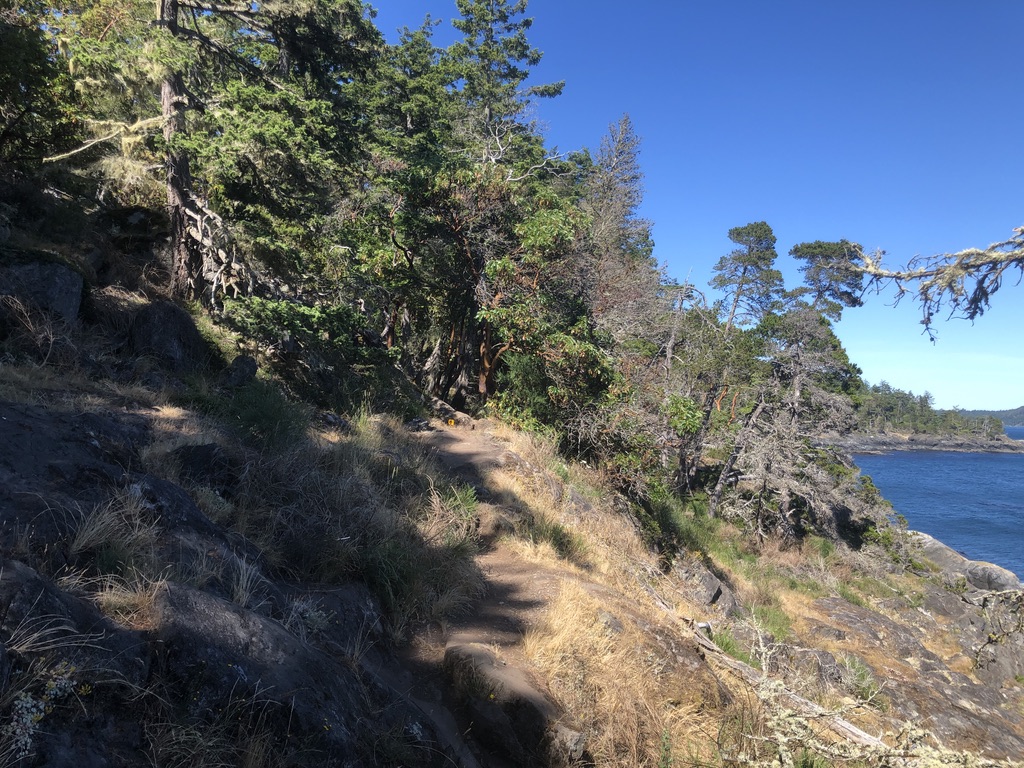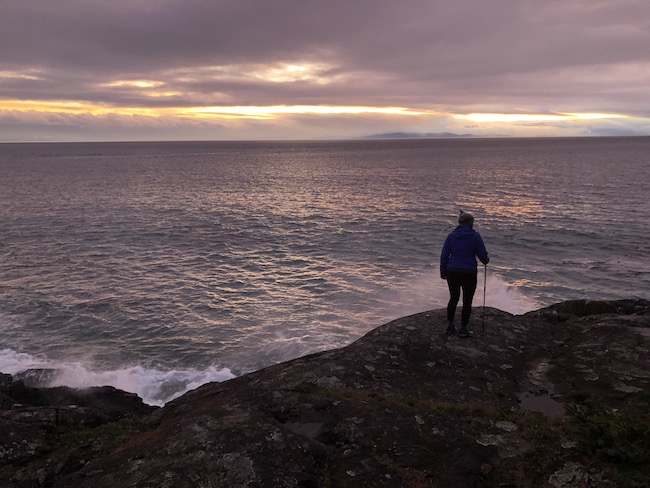
Four things conspiring here today. So before you dive into this post, go play Horde of the Flies at Complexity Explorables. Play with the sliders. Find a way to lock all the dots in one super stable state. Find a way to ensure endless randomness. Find a way to have the dots self-organize such that patterns emerge, persist for a while, and then change. Play with trying to control the system. See if you can get desired results. Now, what’s going on here? There is a relationship between organization and self-organization. Systems self-organize within constraints. Without constraints, anything is possible, …
An invitation to learn about transforming power. Power. What’s your reaction to the word? Do you love it? Does it make you shudder? Are you frightened by it or rather do you relish power, look for chances to acquire some and use it? Or maybe you’d rather talk about “influence” or “inspiration” because the word “power” seems toxic? Have you been hurt by power? i have; my own and others. Power that exploits, power that lords it over us, power that extracts from us and drains us. But I’ve also been lifted up and supported by power. Mentored, helped along, …

There is no really easy way to write this, so perhaps its just best to be polemical about it. I am no longer going to be supporting cishet white men who are running for office. Basically guys that look like me. We’ve had our run, we have propagated genocide, mass destruction and murder, war, criminal economic inequality and the destruction of the life support systems of the planet we live on and now I think it is time to stop. Of course folks will “not all…” me on this, but just stop. Our role now is to support different people …

Yesterday we were walking an incredible cliff top trail in East Sooke Park, in Scia’new territory on Vancouver Island. The Coast Trail there is rugged along the Juan de Fuca side of the park and although it is well travelled, there are sections across bare rock cliff top when the path is all but invisible. It requires a deeper kind of seeing to discern where the path is, especially if you follow what looks to be an obvious route which can take you to some dangerous places. As an experienced trail walker, I find myself in moments like this looking …

I sometimes feel like I’m repeating myself here, but please indulge me. When I get my teeth into learning about something I come back to it over and over, finding new ways to think about it, polishing it up. I love blogs because they offer us a chance to put drafting thinking out into the world and get responses, forcing me to think more deeply and more clearly about things. Likewise teaching, which for me is always the best stone that sharpens the blade, so to speak. Tomorrow I will rise at an ungodly hour – 4am – to teach …

